NDIS participant Hannah Friebel dies after debt raised against her
The parents of a 27-year-old NDIS participant with bipolar say their daughter took her life after the disability agency’s debt collectors pursued her over $28,000 in rejected claims.
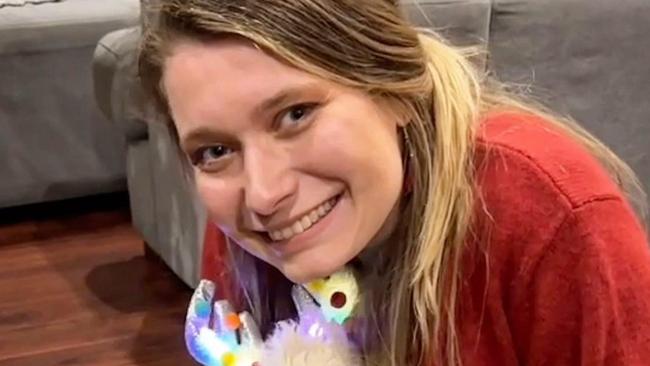
You can now listen to The Australian's articles. Give us your feedback.
The parents of a 27-year-old NDIS participant with bipolar say their daughter took her life after the disability agency’s debt collectors pursued her over $28,000 in rejected claims, raising questions over whether people with severe mental ill-health should be able to self-manage their plans.
Hannah Friebel, an adjunct professor at Monash University and founder of a Melbourne dance school supporting people with mental illness, was described by friends and family as a “vibrant” young woman with a “colourful connection and energy” that she channelled into her work and advocacy.
“She was a confident, sociable, connected, caring, considerate and beautiful young lady,” her mother, Jennie Friebel, told The Australian.
“She had a heart to help others and improve people’s wellbeing. She was smart and cheeky.”
But that all disappeared after Friebel was sent a letter by the National Disability Insurance Agency telling her that 266 of her claims – ranging from as little as $4 for some items to $5500 for others – had been rejected.
“As you have been unable to provide substantiation for the claims, the claims will need to be cancelled,” the letter, sent last September and seen by The Australian, said.
“Through this cancellation, monies are owed to the National Disability Insurance Agency … of $27,963.98.”
The demand for the rejected claims came after Friebel was in 2021 able to begin self-managing her NDIS plan – valued at $36,000 over two years – something her parents say should not have been allowed to happen given her bipolar diagnosis.
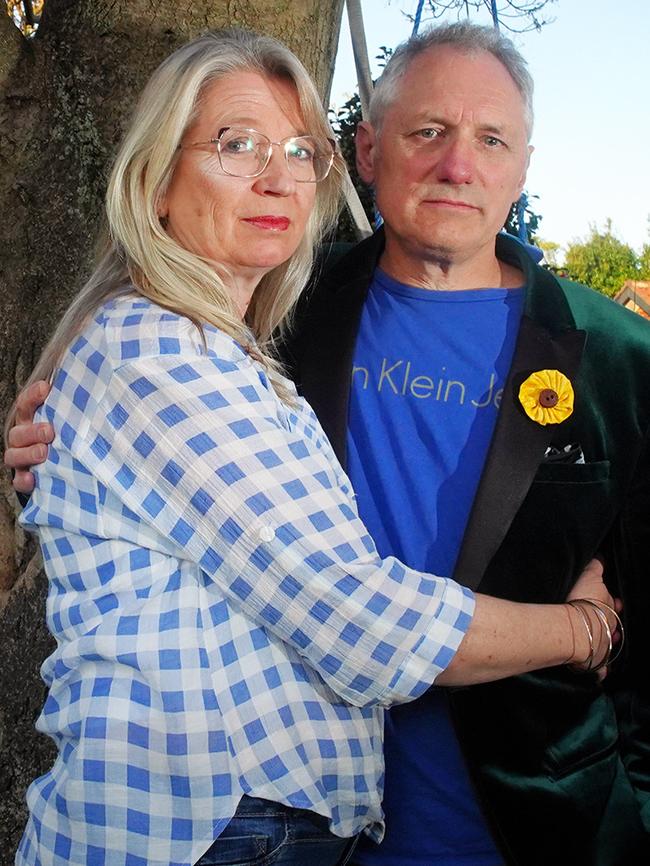
“Looking at her qualifications, her presentation, advocacy for everyone else, I was originally happy with that (move to self-managing her plan) but also cautious, because she’s an independent young adult but when she’s unwell with mania, risk-taking behaviour and excessive spending is a symptom,” Ms Friebel said.
Within months of receiving the letter from the NDIA, Friebel made several attempts on her life – first last December and again in January – of which the agency was made aware. She died after her third attempt in April, which followed the agency doubling her NDIS funding in recognition of her deteriorating condition to $36,000 for just 12 months.
“She felt burdened by the debt and a burden to us,” Ms Friebel said. “She was unable to cope. She felt that the only option was to end her life.”
Friebel’s father, John, said there was a desperate need for better governance in the agency, including in constraining those who could self-manage plans and earlier interventions in inappropriate spending to prevent “insurmountable” debts being raised.
“Constraining certain conditions to being plan-managed may be controversial, particularly with the peak bodies that might argue against that,” Mr Friebel said.
“But at the very least, (there needs to be) regular governance on the thing that would actually provide the controls that are needed for the NDIS to manage issues when they’re like a $500 problem or $1000 overspend problem that they can monitor and work with the participant to modify behaviour so that it doesn’t become a $28,000 problem that becomes insurmountable.”
NDIS Minister Bill Shorten extended his sympathies to Friebel’s family and said on Sunday that his government’s legislation would “help ensure participants get the timely support they need”.
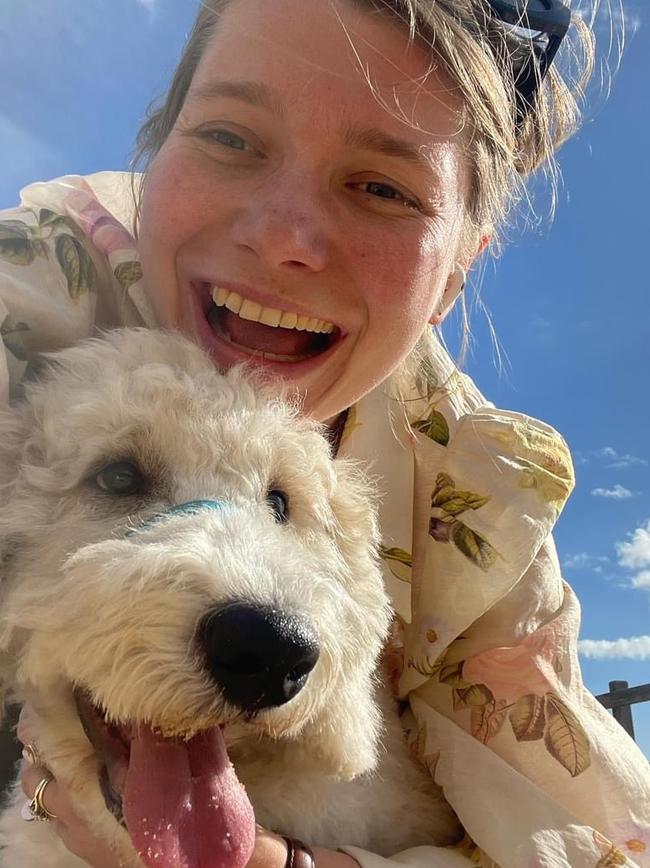
“As NDIS Minister I am dedicated to constantly improving the scheme to ensure participants and their families get the best supports they need,” he said.
The Australian understands the NDIA spoke to Friebel’s mother two weeks before her daughter’s death – and after two suicide attempts – to tell her that the debt would not be pursued at this time.
This followed “regular engagement” with Friebel and her family from January 2024 – also after the two attempts – that the debt was “not being actively pursued”.
But Ms Friebel said the debt was not formally “waved” until six weeks after her daughter had passed away.
An NDIA spokesman said the agency had “strong safeguards in place to ensure compliance and debt raising practices are carefully considered” and that the process was not automated.
“The agency continues to meet and work with Hannah’s family to support how we can strengthen the way we support participants,” the spokesman said.
The calls for reform to prevent a case like Friebel’s being repeated come as the government mulls changes to the NDIS act, due before parliament in the coming sitting fortnight.
While restrictions on participants’ spending is being considered – for example in preventing participants from continually “topping up” their plans and moving them off self-managed plans where appropriate – changes that advocates worry could see more debts raised are also being considered.
Witnesses appearing before a parliamentary committee investigating the legislative changes last month raised concerns that more participants could face debts should they “misinterpret” the new rules over what supports they are funded for.
But the agency said the legislation before parliament would only give more clarity to what funds could be spent on, while giving the NDIA the capacity “to ensure a participant cannot have a particular plan management type if that would put them at risk of non-compliant spending”.
Friebel first began to struggle with mental health after finishing high school – triggered by a rejection from the Victorian College of Arts to study dance – and was given an NDIS plan in 2019 to help manage her bipolar type 1.
Deciding to use her experience to advocate for others, Friebel became a mental health consultant and researcher, with her work presented at an international conference in France last month.
On top of the audit into her spending, Friebel’s mental health also suffered significantly after a psychiatrist incorrectly diagnosed her with ADHD in late 2022 and prescribed her Ritalin.
“Ritalin is a stimulant and there were really, really clear signs that she was not well,” her mother said.
“And it was a few weeks later that she actually spent a nearly $6,000 of NDIS money, which was released in like four hours, there were no checks for what it was for.”
Ms Friebel said the “anxiety” of monitoring her daughter for another suicide attempt had now been “replaced by grief and trauma”.
“Her vibrant, colorful connection and energy that she used to (have) until the depression hit - we’re missing that, we miss her,” she said.
“It’s hard to talk about. It hard for our youngest to get to school... A big vortex is left where Hannah used to be.
“But we just don’t want other people to go through this heartache and despair. Our hope is that there will be greater compassion and grace and ability to waiver these debts, or that they aren’t given in the first place and that the money is not released to people if it’s not appropriate for their spending.”

The NDIA notified Friebel that it was auditing her spending 16 months after she was first allowed to self-manage her plan, rejecting items including the purchase of a dog Ms Friebel hoped to train to be a therapy animal, along with marriage counselling, physiotherapy and membership to different classes. Overwhelmed by the debt, Friebel granted her parents power of attorney last September. Her father said that he believed the issue could have been resolved “over time”, but the process was too long. “The (NDIS) needs to be able to have greater powers to be able to pause the collection of debt with really, really risky situations like Hannah’s,” he said.
“When the NDIS debt was imposed upon Hannah, she lost her spark. The support she had originally been so excited to receive became a chain around her feet.”
When asked by her parents if she had sought permission from her local area co-ordinator for the larger NDIS expense claims, Friebel said she had sent many emails over weeks that were not responded to and calls were not returned.
Ms Friebel said the “anxiety” of monitoring her daughter for another suicide attempt had now been “replaced by grief and trauma”. “Her vibrant, colourful connection and energy that she used to (have) until the depression hit – we’re missing that, we miss her,” she said. “But we just don’t want other people to go through this heartache and despair.”
Readers seeking support and information about suicide prevention can contact Lifeline on 13 11 14


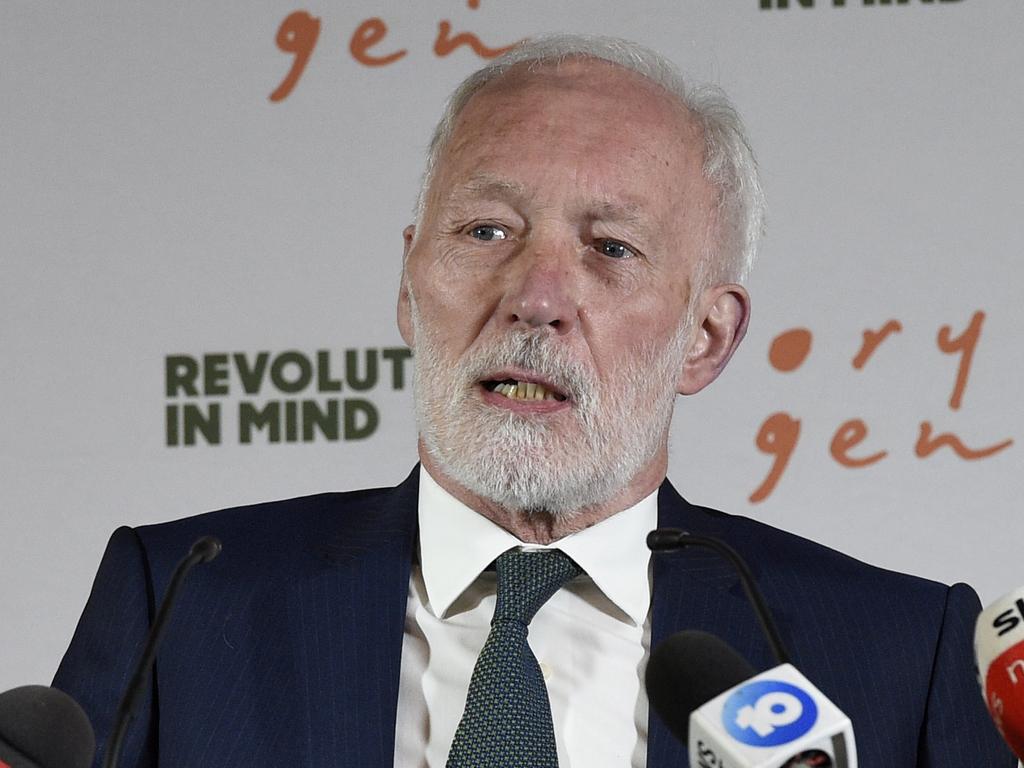

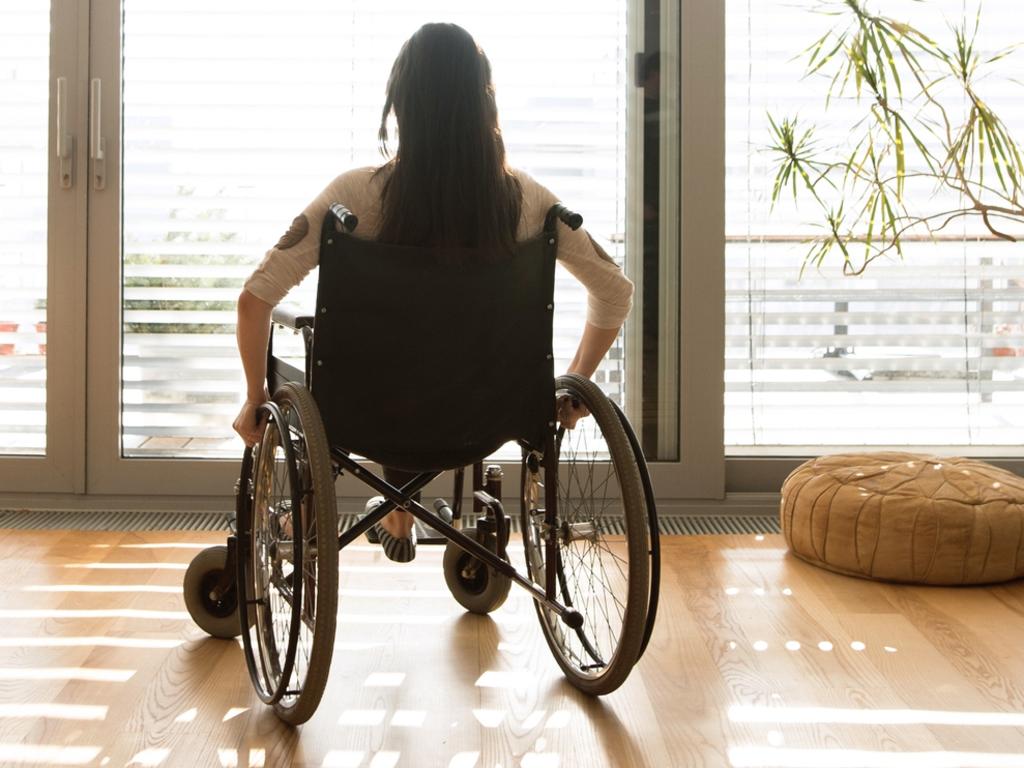



To join the conversation, please log in. Don't have an account? Register
Join the conversation, you are commenting as Logout